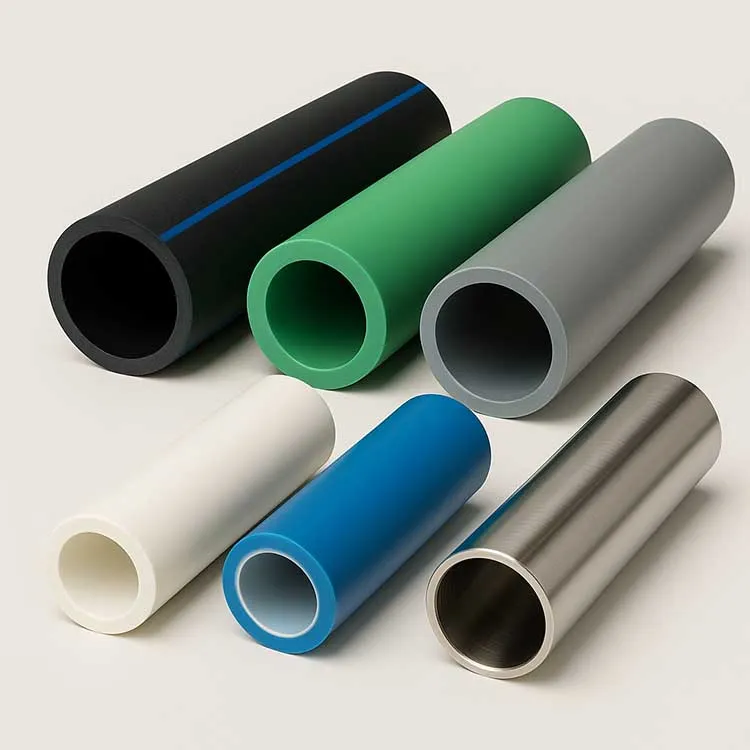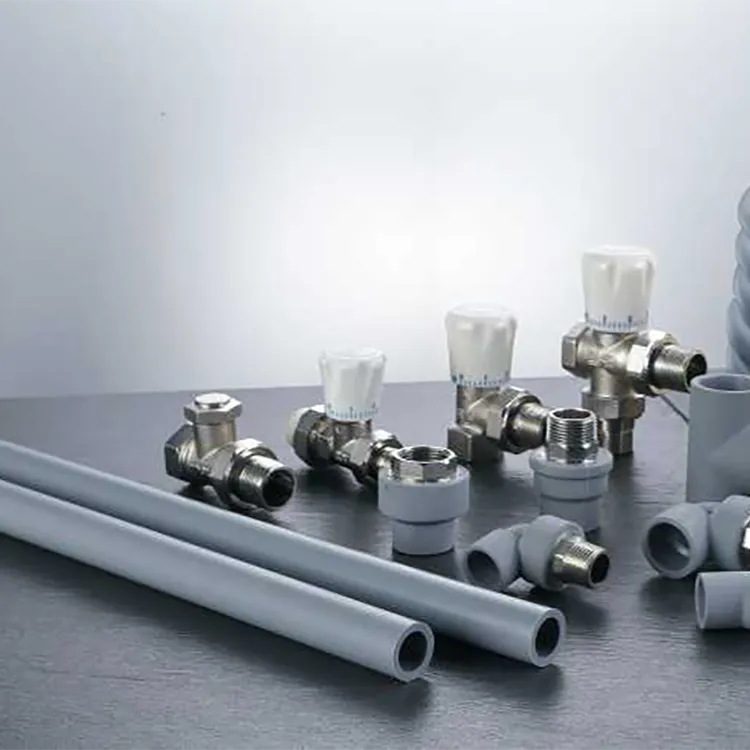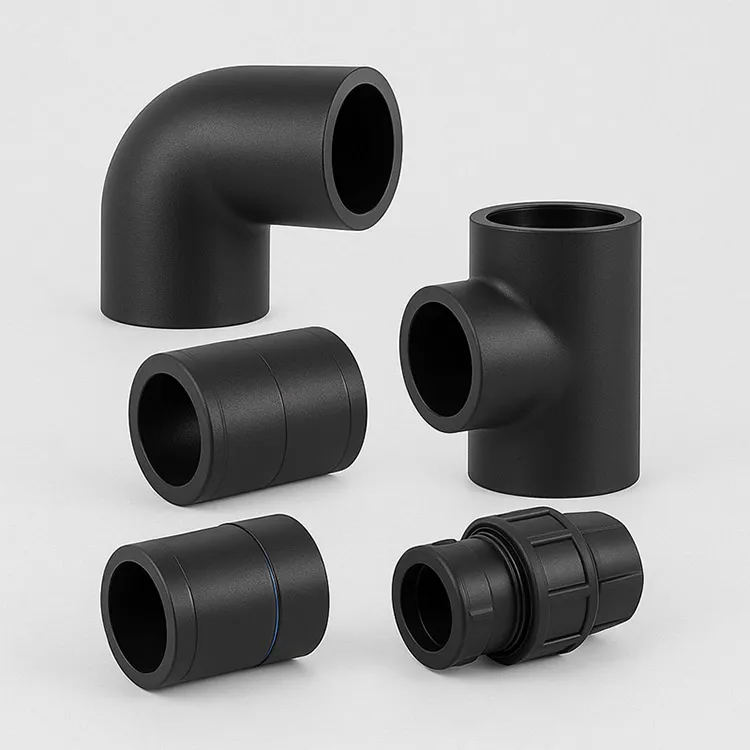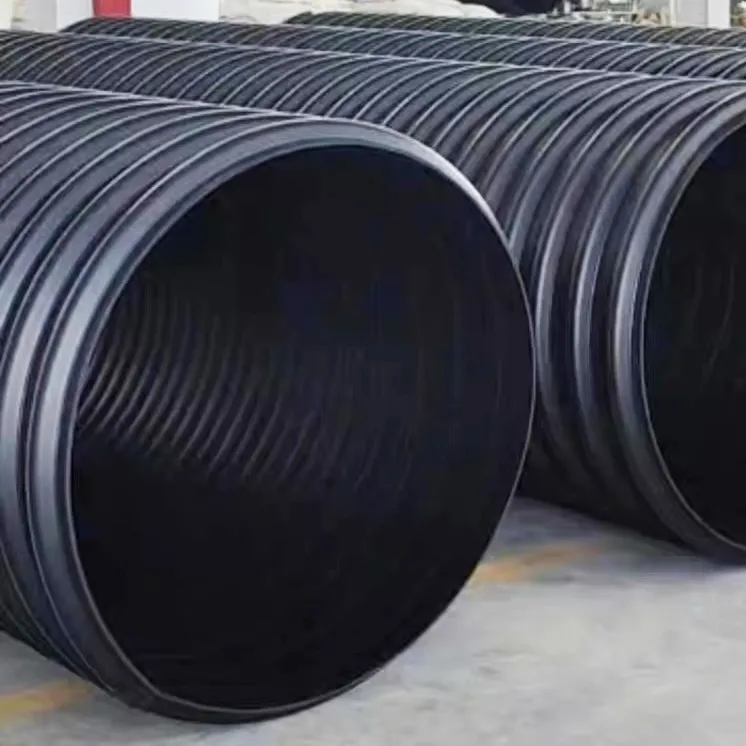The use of PVC electrical conduit pipe is a great way to ensure the safety of your electrical wiring. Not only does the material offer excellent insulation and protection from corrosion, but it is also easy to install, cost-effective, and comes in a wide variety of sizes. No matter what type of wiring system you are working with, there is a PVC conduit pipe size that is sure to meet your needs.
Understanding the different PVC conduit pipe sizes and their uses is an important part of making sure your electrical wiring is protected and properly installed.
First, it is important to understand the different types of PVC conduit pipe available. PVC conduit pipe is typically made of a rigid, non-corrosive plastic material that is designed to protect electrical wiring from damage and short circuits. The most common type of PVC conduit pipe is Schedule 40, which is designed to meet National Electric Code (NEC) standards. This type of pipe is available in a variety of sizes, from ¼” to 6” in diameter.
The size of the conduit pipe you need will depend on the type of wiring you are using and the amount of protection you need. Smaller conduit pipe size is ideal for general-purpose wiring, while larger sizes are necessary for heavier-duty applications. It is also important to consider the type of environment your wiring will be exposed to, as some sizes may be better suited to certain environments than others.
In addition to the standard Schedule 40 PVC conduit pipe sizes, there are also other types available. For example, Schedule 80 PVC conduit pipe is thicker and more durable than Schedule 40, making it ideal for areas with high levels of moisture or corrosion. There is also non-metallic conduit pipe, which is designed for applications where metal cannot be used, such as in areas with high levels of electromagnetic interference.
No matter what type of PVC conduit pipe you require, there are a few key factors to keep in mind when selecting the best size for your electrical wiring. First, you should make sure the size of the conduit pipe is large enough to accommodate the wiring and any other components that may be included in the system. Additionally, you should make sure the size of the conduit pipe is appropriate for the environment in which it will be used. For example, if you are using the conduit pipe in an area with high levels of moisture or corrosion, you should opt for a thicker, more durable material.
Another factor to consider is the type of conduit pipe fittings you will need. This will depend on the type of pipe you are using, as well as the type of wiring system you are installing. Make sure to consult a qualified electrician or electrical contractor to ensure you are using the correct fittings for your PVC conduit pipe.
Finally, it is important to remember that PVC conduit pipe is an important part of any electrical wiring system and should be inspected regularly to ensure it is in good working order. If you are unsure of the size of conduit pipe you need, or the type of fittings required, it is best to consult a qualified professional.
Whether you are wiring a small residential home or a large commercial building, the right size of conduit pipe is essential for ensuring the safety of your wiring system. So, make sure to do your research and consult a professional to ensure your electrical wiring is properly protected.



981.webp)

 (1)379.webp)

294.webp)
476.webp)
420.webp)
146.webp)
460.webp)
287.webp)
274.webp)
688.webp)


